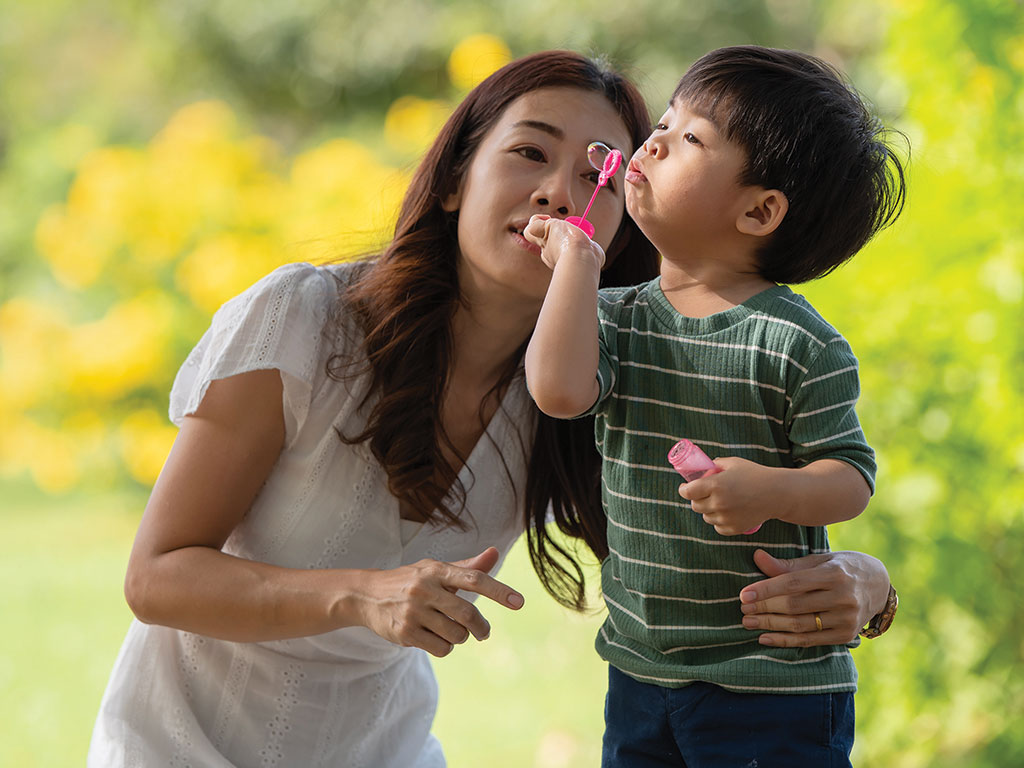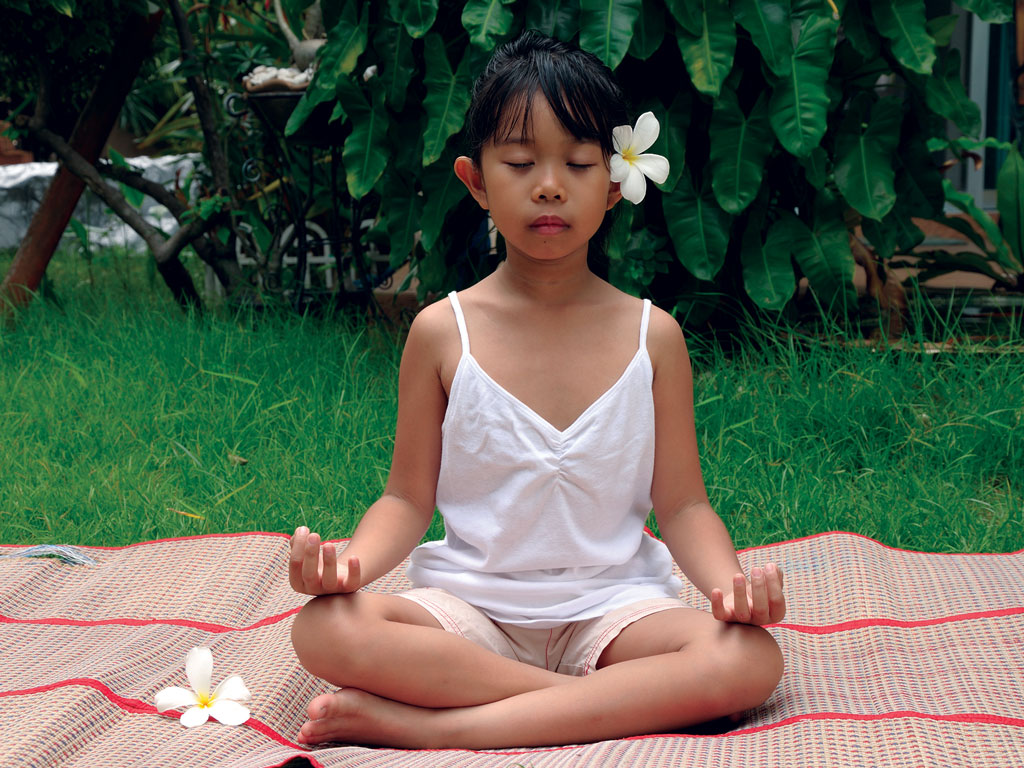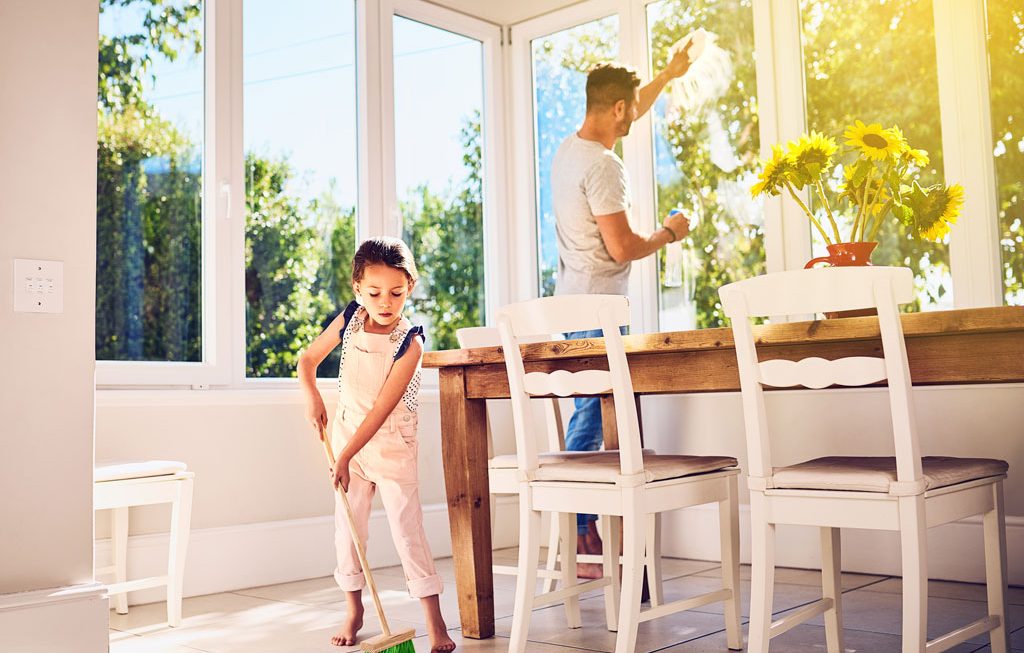by Karen K.C. Gibson
Did you know that 4.5 million children in America are diagnosed with anxiety, making it the highest-reported mental health issue in the country? Many parents may not be aware that their children are battling anxiety unless a mental health professional conducts an assessment. Here are some signs that your child may struggle with anxiety:
1. Excessive Worries.
Some children obsessively worry about academic performance, friendships, health, and safety.
2. Physical Symptoms.
Missing school due to stomach pains or headaches could result from anxious thoughts.
3. Avoidance Behaviors.
Procrastinating, not completing assignments, and taking their time to get ready for school or doing their chores gives children an excuse to stay in their safe zone (avoidance) rather than carrying out their responsibilities.
4. Restlessness or Irritability.
What might appear as being moody or disrespectful may mask a child’s anxiety.
5. Perfectionism and Self-Criticism.
The need to earn a perfect score or complete a task without making mistakes causes children unnecessary stress and anxiety. Many kids criticize themselves, believing they are not worthy or will never be good enough, as they continuously compare themselves to others who seem to be perfect.
Remember that these symptoms can also be present in other conditions, so it’s wise to consult a mental health professional for an accurate diagnosis and appropriate support.
What can parents do to help their children overcome anxiety?
1. Teaching kids the benefits of deep breathing and calming their minds will prepare them for stress management as adults. Tell your child to relax their body as they lay their hand on their stomach. Have them take a deep breath in through their nose. Hold it for the count of three. Then, have them slowly breathe out through their mouth for the count of three, slowly counting down from 3, 2, 1.
Fun ways to practice breathing include staring at a candle flame for ten seconds, slowly blowing out the flame, and pretending they’re blowing out a birthday candle. Blowing bubbles in a bubble bath for younger children teaches them how to have fun while deep breathing. Flower breathing involves making a fist, pretending it’s a flower and putting their nose up to the imaginary flower, taking a deep breath, smelling the flower, holding their breath then slowly breathing out.

2. Help them reframe their negative thoughts. Learning how to identify worries and challenging them to change their perspective can melt those anxiety knots. Remind them that they have a choice to believe their thoughts, and that thoughts are not facts; they are F.E.A.Rs (false expectations appearing real). Empower your child to stop letting those thoughts steal their peace. Discuss how thoughts are just clouds floating in their mind, and they have a choice whether to let scary thoughts float away rather than allowing them to turn into scary worries.
3. Saying positive affirmations has been proven to reduce stress, improve self-esteem and improve mental health. Have your child create positive affirmations and write them on index cards. Start a morning routine by reading their affirmation cards on the way to school to prepare their brain for a happy day.
“I will make the most of today.”
“I have amazing abilities.”
“I am full of great ideas.”
“I am confident and brave.”
“I am important and special.”
4. Model healthy coping strategies by healthily sharing your emotions, journaling, and practicing self-care. Children who are too young or don’t enjoy writing need a safe space to verbally share their worries and feel heard, understood, and not judged. Bored or stressed kids often replay negative scenarios, increasing their anxiety. Whether it’s playing outside, taking bubble baths, engaging in imaginary play, or enjoying the gift of solitude, learning healthy coping strategies will help them to de-stress, and they will benefit from learning these strategies early in life.


5. Encourage problem-solving skills and how to access creative ways to handle stress. Discuss what triggers their anxiety and guide them in breaking down problems into manageable steps. Brainstorming how to creatively develop solutions by playing “what could you do if…” helps prepare children to get into a problem-solving thinking mode instead of listening to their brain come up with negative scenarios, which only increases anxiety.
Educating children about anxiety and how it affects their brains helps them understand there’s nothing wrong with them. Children learn that anxiety is normal to feel when their brains are overwhelmed. Introducing coping skills and relaxation techniques to manage their anxiety empowers young hearts. Just imagine how anxiety in adults would be reduced if they were taught how to overcome the scary false expectations that appear real. Anxiety will no longer become a serious mental health issue when we stop believing our limiting beliefs and replace negative thoughts with positive affirmations and a consistent self-care routine.
Creating a supportive environment fostering open communication, trust, and understanding must be a priority in helping children feel safe. Anxiety lessens as they stop feeling the internal pressure to achieve success. Children who feel it’s okay to feel what they’re feeling are less likely to face anxiety. When anxiety arises, they are equipped with simple techniques like deep breathing or engaging in self-care, so their mental health isn’t compromised.
Karen Gibson is an experienced educator with over 25 years of practice working with students and parents. As a mother of two adult daughters, she understands the importance of healing one’s inner child, practicing compassion, and trusting in your children’s journey. Karen is the author of several books, including “Mama’s Gotta Let Go: How to Let Go Without Losing Your Sanity” and “100 Parenting Tips Inspired by the Pandemic”.
In 1999, Karen founded Brain Builders, a private tutoring business with a mission to prepare students for success in and out of the classroom. As a certified neuro-linguistic practitioner, Karen helps her clients rewire their brains to improve communication, problem-solving skills, and overcome limiting beliefs. In 2019, Karen founded Letting Go with Aloha, where she mentors stressed parents and those in parenting roles to navigate their journey with peace instead of pain. Karen’s online course, “Breaking the Cycle of Anxious Parenting: Simple Strategies for Raising Teens,” is available on her website: LettingGowithAloha.com. Karen is dedicated to helping parents let go of their fears and anxieties and find joy.





